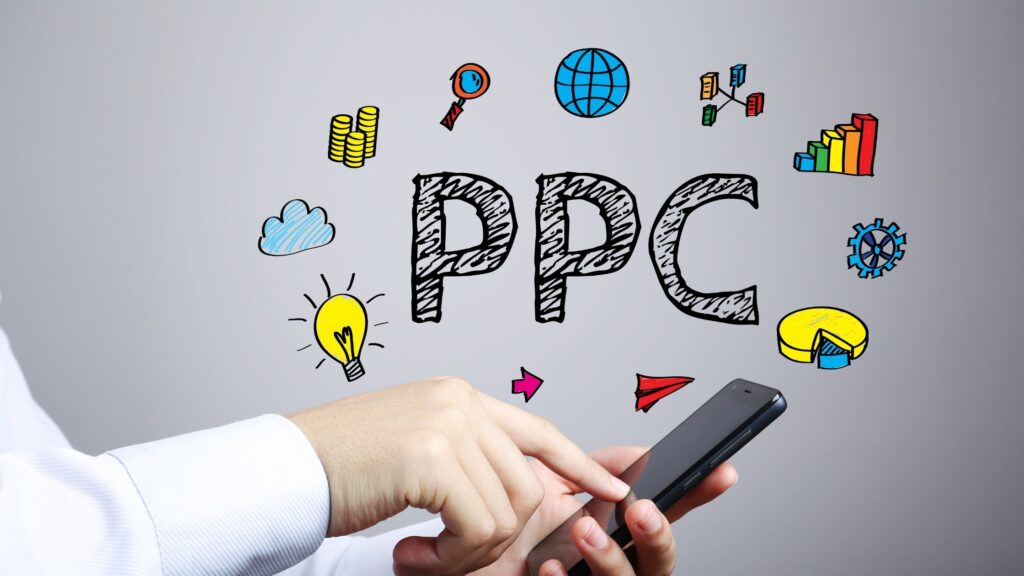For companies seeking to achieve quick, quantifiable results, pay-per-click (PPC) marketing is a must-have digital tactic. Unlike organic techniques, PPC lets companies only pay when people click targeted adverts on social media channels and search engines. Businesses can negotiate this complex environment safely with a Ppc Agency Stockport board without compromising return on ad spend. Unmatched budget management, audience selection, and campaign optimization are provided by this cost-per-performance approach. From keyword research to conversion optimisation, seven tactics shown to boost your PPC success will be covered here in this handbook to make sure you create campaigns that draw good traffic and strong conversion rates without succumbing to pitfalls that drain advertising budgets.
Study Keyword Research and Selection
Good PPC Agency efforts begin with extensive keyword research to find high-intent search questions. Target longtail keywords (3+) that demonstrate clear purchasing intent, such as buying running shoes in Manchester instead of general terms, using tools such as Google Keyword Planner to locate pertinent phrases with high search volume and suitable competition. Examine competitor ads for targeting gaps you can use. For better Quality Scores, thematically organise keywords into tightly related ad groups. Negative keywords are also essential up to date the fact that they filter out unwanted searches, consequently fending off wasted clicks. To guarantee marketing campaign relevance, maintain your keyword lists up-to-date on performance reviews and evolving seek patterns.
Maximise Conversions by Optimising Landing Pages
Good advertising may still be wasted if they are directed to poor landing pages. Maintain perfect continuity between advertising and landing page messages. Remove navigation distractions that could steer guests astray before conversion. Position higher CTAs above the fold with decision-supporting trust signals and advantages. Bounce rates are much impacted by page speed, thus images should be optimised and code should be reduced. Given that most of PPC traffic comes from mobile devices, mobile responsiveness is non-negotiable. Regularly improve performance by doing A/B testing on page components,,including headlines, forms, and media. Set up monitoring to perceive where the lead drops off in the conversion funnel.
Use Audience Targeting and Remarketing
Break out of generic demographics with advanced audience targeting features. Target users based on their interests, buying intent, and online activities. Build custom intent audiences based on particular products or services. Remarketing lists enable you to re-engage non-converting visitors, segment them based on interaction level for specific messaging. Customer match uploads enable you to target existing contacts with promotions. Similar audience expansion identifies new prospects that look like your best customers. Layer audience targeting with keywords for precision targeting. Exclude converted users to prevent wasting budget. Adjust bids for high-value audience segments likely to deliver better ROI.
Put Smart Bidding Methods into Action
Most of the time, contemporary PPC Agency systems’ automated bidding choices outpace manual changes. Target CPA (cost-per-acquisition bidding automatically sets bids to meet your target conversion cost. Based on each user’s conversion chances, improved CPC dynamically changes bids. Maximising conversions bidding fits naturally for brand awareness initiatives. When employing smart bidding, always establish reasonable goals grounded in historical data. For best outcomes, combine automated techniques with audience targeting. Watch performance as you nearly start new bid strategies; allow 2–4 weeks for algorithms to settle before changing. Maintain some manual intervention for top-value keywords needing exact placement.
Track, Measure, and Analyse Performance
Earlier than starting campaigns, tune both macro conversions (sales, leads) and micro conversions (content downloads, video perspectives). Google Analytics, combined with platform data, yields thorough insights. Set up dashboards daily to track important measures, including CTR, conversion rate, and ROAS. Regular deep dives into search term reports will reveal new possibilities as well as negative keywords. Look at device performance; mobile often needs personal bid changes. Track attribution pathways to identify where PPC Agency is aiding multichannel conversions. To notice trends, compare performance across several time frames. Present reports to stakeholders to show PPC business impact and justify spending.
Examine and Improve Continuous Efforts
PPC Agency success requires ongoing improvement via systematic testing. A/B test advertisements, landing pages, and bidding strategies. Test many audience segments and targeting techniques. Test ad schedules; some days/hours could produce better performance. Experiment with new ad formats, including responsive search advertising or visual display ads. Maintain fundamental ongoing campaigns and set 10–20% the budget for testing of fresh possibilities. Record every test and result to build institutional knowledge. Scale what is effective and hold back underperformers. Keep current on platform enhancements and new capabilities relevant to your account. Optimisation is never “done”; rather, leading accounts often change depending on data.
Conclusion
Effective PPC Agency pairs planning with ongoing optimisation to maximise return on investment and fast-track ad success. Businesses can also velocity their ad success while maximising return on funding thru the utility of seven primary methods from unique targeting up to date regular checking out. Being nimble and up-to-date will assist your campaigns offer up-to-date leads and income in a quick-evolving on-line surroundings.

